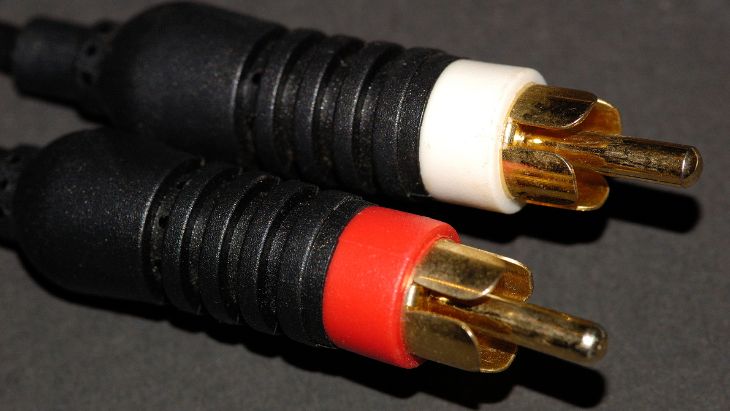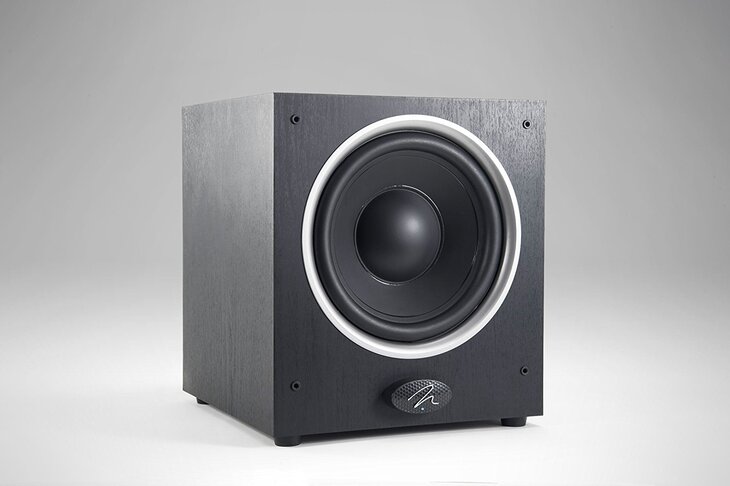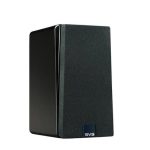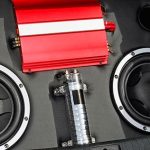A good-sounding subwoofer is a must-have for anyone looking to improve their overall entertainment and music experience. Subwoofers are designed to reproduce lower frequencies sent to them from any audio source. This takes the main speakers off the burden of having to reproduce all frequencies, making you miss out on some sounds.
Whether you are an audiophile or simply looking to enhance your background music, adding a sub will greatly improve the soundstage depth and deliver outstanding bass performance. However, for you to get the most from your system, you’ll need to get a well-matched sub. Adding a quality subwoofer will often make a huge difference even if you don’t upgrade the rest of the components.
However, subwoofers are not immune to failure. Subwoofer issues often result from broken cables, improper connections, or incorrect settings. One of the most common issues experienced is a weak-sounding subwoofer, resulting in the loss of bass effect while playing various sound files. So, why does my subwoofer sound weak or produce unsatisfactory bass output?
Often, using a defective subwoofer will definitely make it lose its punchiness, but in most cases, the problems are easy to detect and fix.
Reasons why your subwoofer sounds weak
Under powering
It is a no-brainer that an underpowered subwoofer is going to sound weak. Failing to provide the sub with enough power means that the sound is going to lose its punchiness hence lacking in bass. So, if your amplifier is small for the subwoofer, consider getting a replacement to ensure that your system is getting enough juice for optimal performance. Besides, overloading the subwoofer amplifier will result in clipping and eventually cause sound distortion.
For best results, consider getting one amplifier channel for each subwoofer in multiple subwoofer systems. If you choose to run two subwoofers off one amplifier, ensure that you go with a beefy amplifier that can accommodate a range of workloads. However, extra care must be taken when powering your unit to ensure that it does not overheat and blow out.
Improper wiring

Another reason why your subwoofer may not work properly or sound weak is incorrect wiring. This often results when using two subwoofers where one is wired “out-of-phase”. This means that the subwoofers will move in the opposite direction, a condition that results in bass cancellation.
The easiest solution to this is to disconnect the subwoofers and wire them “in-phase” i.e., the positive terminal of the subs should be wired to the positive terminal of the amplifier and the same for the negative terminals. That way, the subwoofer can work together instead of fighting each other
Using the wrong enclosure
Placing the subwoofer in the wrong size or improper sub box can lead to all kinds of subwoofer problems from weak bass to permanent subwoofer damage. For instance, if you place a sub meant for ported enclosure in a sealed one, you might end up not getting the kind of bass or loudness you want. So, ensure to follow manufacturers on the recommended enclosure type and size.
You may also want to check the enclosure for any physical damages that might cause the bass to leak hence reducing the bass output drastically. The best part is that building a custom-made box is pretty easy but if you’re not into DIY projects, always go for a ready-made one that offers the right sizing.
Poor ground connections
Other than wiring mode (i.e., in or out of phase) ground wiring also plays a significant role in the overall bass output. Improper ground wiring means that the amp is not going to function properly; hence it will not be able to accommodate the needs of your subwoofer. Other than affecting the level of bass output, loose connections increase the risk of electric shocks and fire hazards.
Damaged cables

If the RCA cables running behind the subwoofer become damaged or form knits at any point along the way, the bass output is going to be affected or cut out intermittently. What’s more, dirty or corroded cables may degrade the punchiness of the bass and the sound quality in general. As such, be sure to check the cables for cracks or blockages that might prevent a fuller output.
Room acoustics
Room acoustics have a huge effect on the performance of the subwoofer than any other loudspeaker in your speaker setup. The larger the listening space, the louder the subwoofer needs to play. If using a small 6-inch sub in an extremely large room, then it will definitely sound weak. As a result, ensure to streamline your room acoustics before blaming the subwoofer for the poor performance.
However, some units, such as Yamaha subwoofers use YPAO (Yamaha Parametric room Acoustic Optimizer) to adjust the settings of the subwoofer depending on the layout or your room acoustics.
Issues with the receiver/head unit
If you’re sure that nothing is wrong with the subwoofer, then there may be an issue with your head unit’s settings. If you’re installing a new unit, ensure to follow the manufacturer’s recommendations when setting the subwoofer output level. You may also want to adjust the settings the crossover and equalizer settings now and then to achieve to desired bass output.
The Bottom Line
The best way of fixing a subwoofer that sounds weak is by reviewing the individual user’s manual and paying special attention to recommended settings/adjustments. If you have followed the above tips and nothing seems to work, there are chances that the subwoofer is permanently damaged and needs replacement. You may also consider getting a professional diagnosis to establish the necessary steps you need to undertake.
The main reasons why subwoofers may lose their bass effect are primarily as a result of setup hitches, improper setting adjustments, and broken receivers/ head units. Fixing the root cause of subwoofer problems not only lets you enjoy music at full blast but also improves the overall performance of the entire audio system.
When everything is said and done, upgrading your subwoofer regularly is a great step to enhance your overall sound experience. Besides, getting a new subwoofer means that you’ll also get a new voice coil and speaker wires.
Michael Evanchuk is a San Francisco-based sound engineer with 20 years’ experience installing, troubleshooting, and repairing commercial, automotive, and household sound equipment. Evanchuk owns an auto stereo center, where he offers highly competitive car audio installation and repair services. He has written dozens of articles on different sound engineering topics, all of which have been published in leading journals, blogs, and websites.





